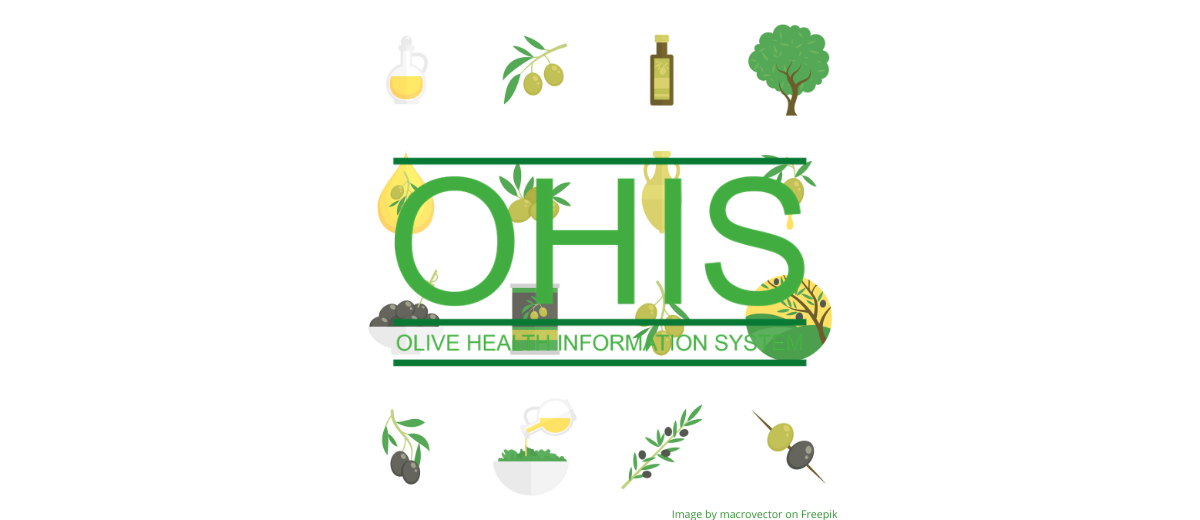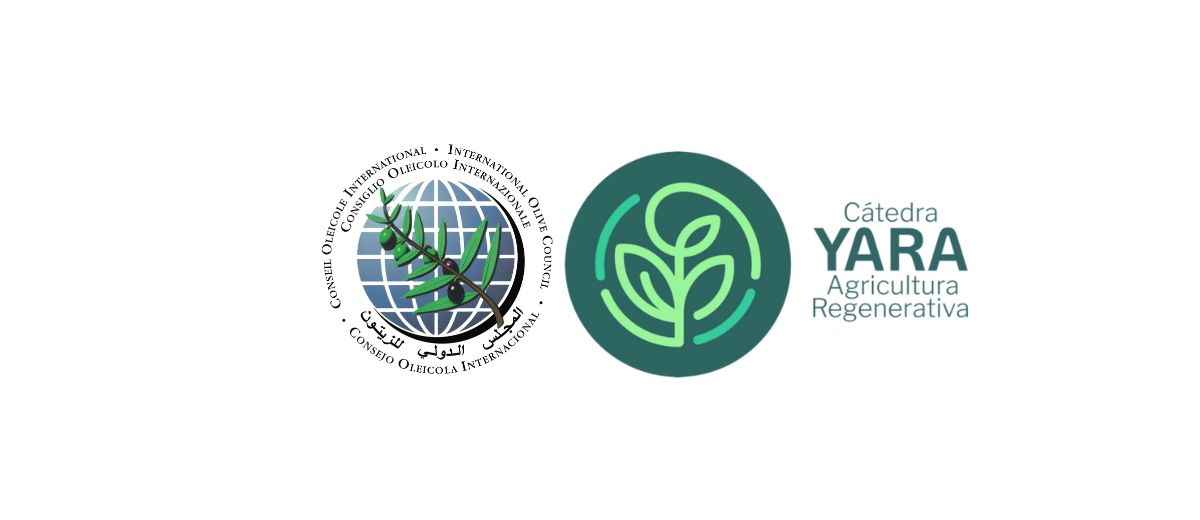The Olive Health Information System website
The newsletter of the University of Navarra and the IOC dedicated to health
The Mediterranean diet is renowned not only for its health benefits but also for its sustainability. This dietary pattern rich in fruits, vegetables, legumes, whole grains, fish, and olive oil, minimizes environmental impact compared to typical Western diets, due to its emphasis on locally sourced, plant-based foods.
This week some studies have highlighted the pivotal role of the Mediterranean diet and olive oil consumption in promoting both human health and environmental sustainability. A recent study in the Predimed-plus trial found that a dietary intervention based on an energy-reduced Mediterranean diet (MedDiet) led to improvements in environmental impact indicators such as acidification, eutrophication, and land use. Meat products were consistently identified as the primary contributors to environmental impact across all indicators analyzed, supporting the notion that diets with reduced meat intake have a lower environmental footprint. Another study conducted in the same population came to similar conclusions. More specifically, their results showed that adherence to the MedDiet was partially responsible for a reduction of acidification by 15 %, eutrophication by 10 % and land use by 10 %. Caloric reduction partially mediated the association with the same factors by 55 %, 51 % and 38 % respectively. Lastly, adherence to the MedDiet mediated the association between the intervention and the reduction in greenhouse gas emissions and energy use, by 56 % and 53 % respectively, indicating its significant role in promoting sustainability.
Click HERE to see the latest posts…










